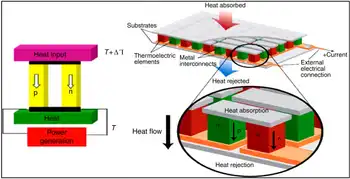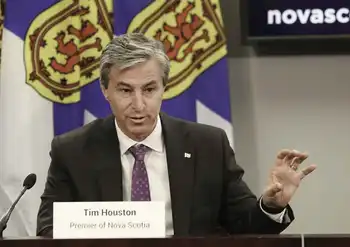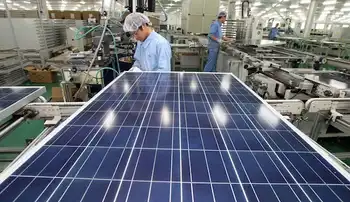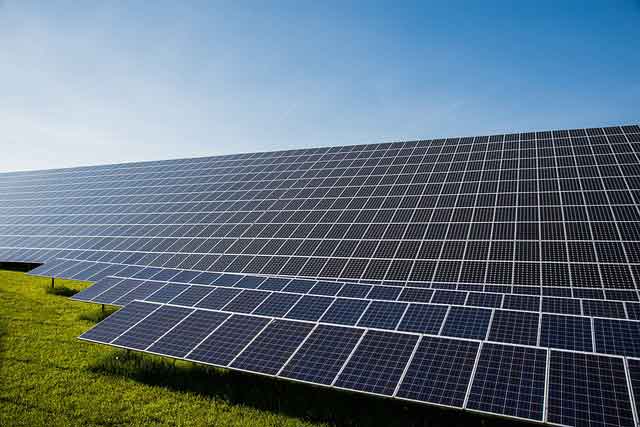Chalk River reactor returns to service
OTTAWA, ONTARIO - The Chalk River nuclear reactor, offline since mid-November, started back in service the morning of December 16 and is expected to begin producing medical isotopes within four days, Atomic Energy of Canada Ltd said.
The reactor makes more than two-thirds of global supply of the radioisotopes used in cancer tests. Shortages were quickly triggered last month when the reactor was shut down.
The reactor was supposed to be closed from Nov. 18 to Nov. 23 for planned maintenance, but the Canadian Nuclear Safety Commission refused to let it be restarted without an upgrade on the cooling pumps that prevent the reactor core from melting down.
The commission had discovered that AECL had been operating the reactor for 17 months without a battery-operated starter on the pumps, which the commission said was a condition of renewing the 50-year-old reactor's licence.
AECL spokesperson Dale Coffin said the Crown corporation voluntarily extended the maintenance shutdown to address the safety commission's concerns.
"We're still operating very safely and the reactor with the new upgrade in place already is even safer," said David Torgerson, the president of Atomic Energy of Canada's research and technology division.
Parliament pushed through legislation recently to bypass the commission's objections and get the reactor back online.
Meanwhile, the Conservative government says it's just a coincidence the AECL chairman quit last week following a furor over the shutdown of the reactor.
Health Minister Tony Clement said Michael Burns thought the chairman's post was a part-time one when he took it a year ago.
"As it turns out, there's a lot of work to be done," Clement said yesterday on CTV's Question Period. "So I think there were some indications this (resignation) might be coming up."
Prime Minister Stephen Harper announced the departure of Burns, a former Tory party fundraiser, in a terse news release.
The Tories appointed former Ontario bureaucrat Glenna Carr as the new chairman and named business executive Hugh MacDiarmid as chief executive officer.
Related News

A new approach finds materials that can turn waste heat into electricity
LONDON - The need to transition to clean energy is apparent, urgent and inescapable. We must limit Earth’s rising temperature to within 1.5 C to avoid the worst effects of climate change — an especially daunting challenge in the face of the steadily increasing global demand for energy.
Part of the answer is using energy more efficiently. More than 72 per cent of all energy produced worldwide is lost in the form of heat. For example, the engine in a car uses only about 30 per cent of the gasoline it burns to move the car. The remainder is dissipated as…




